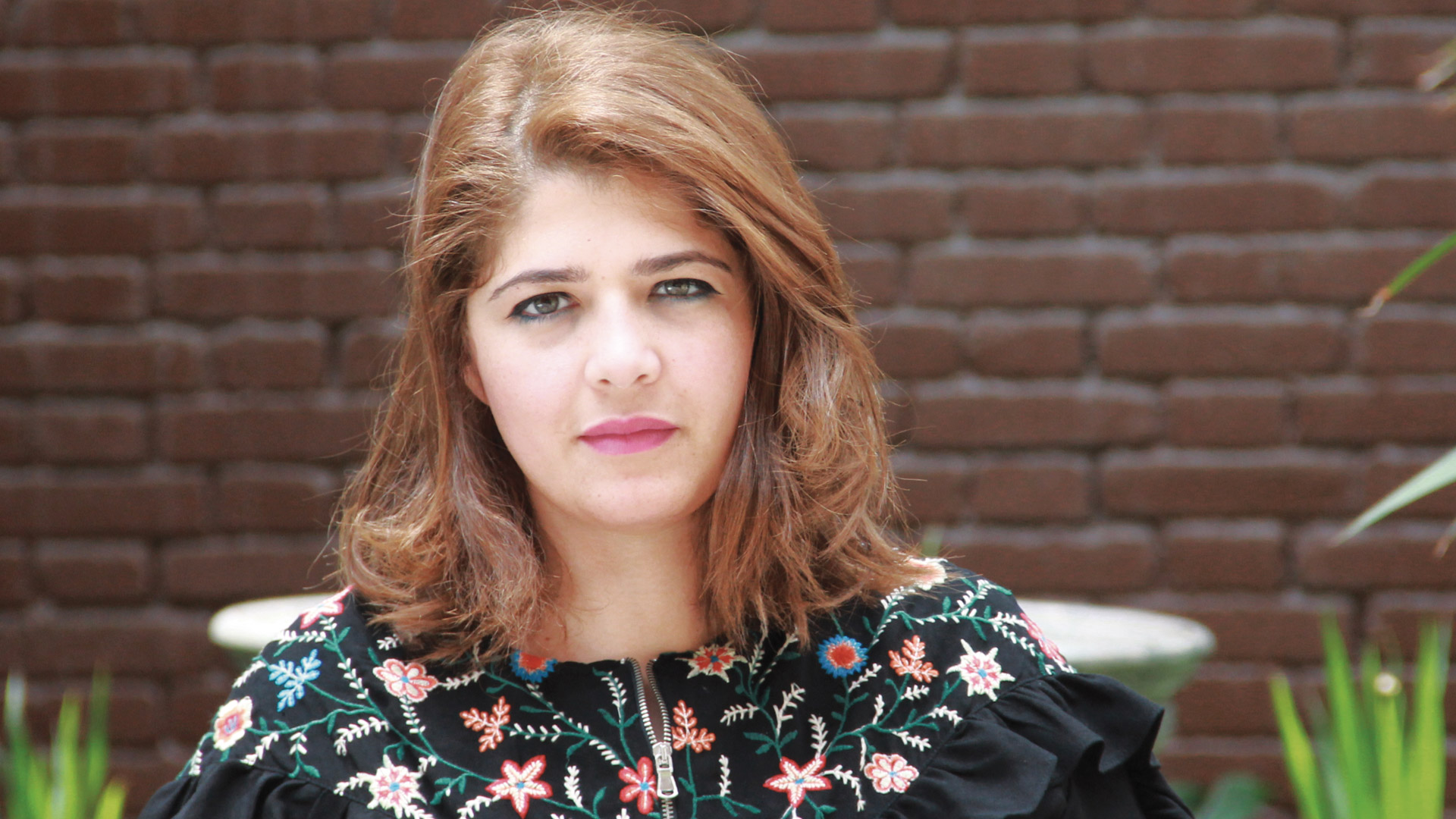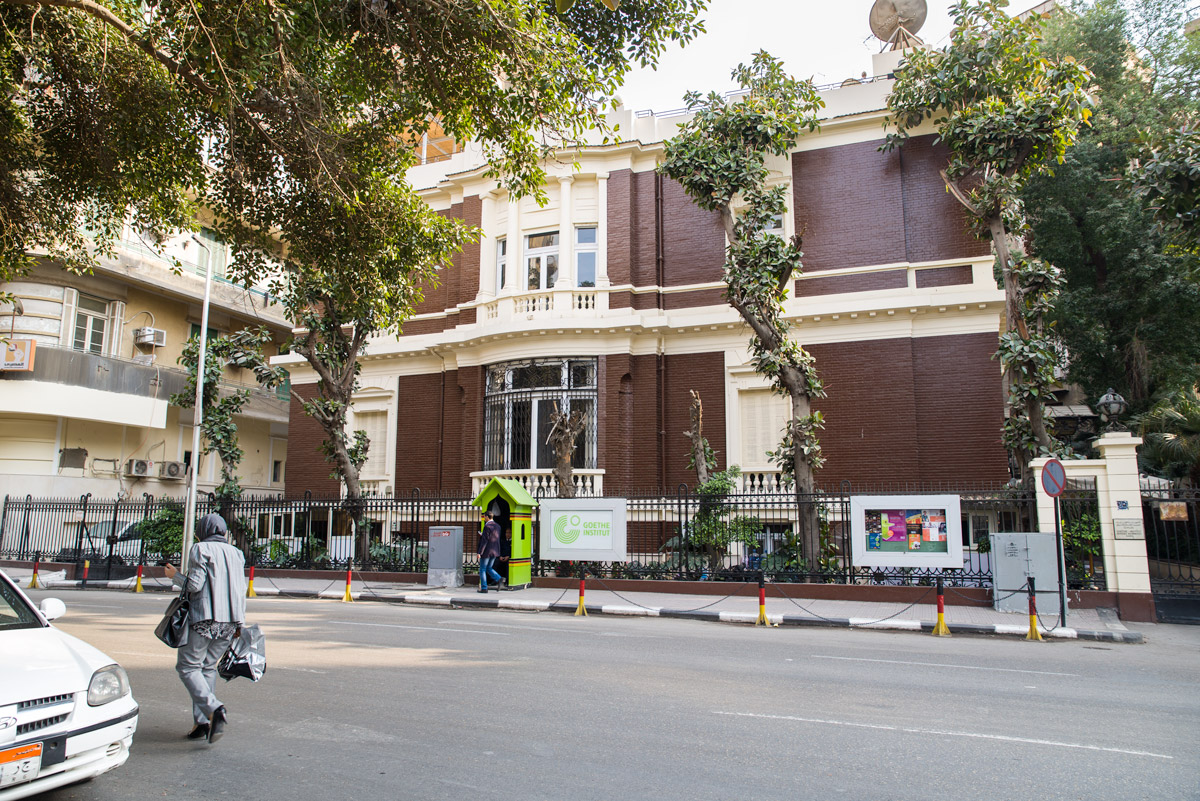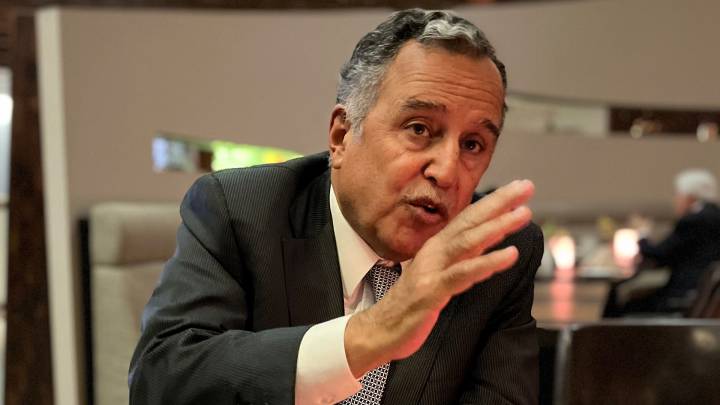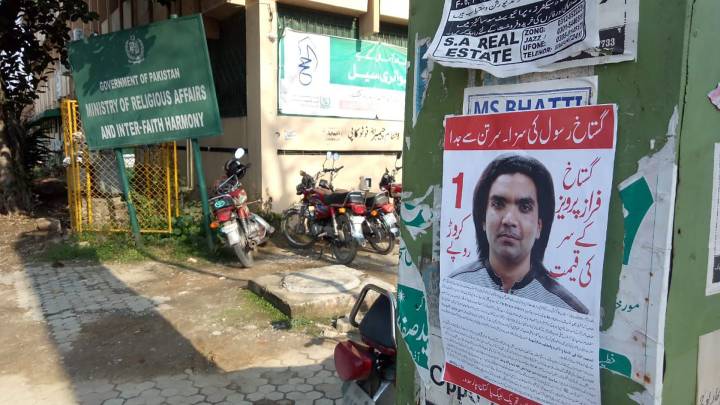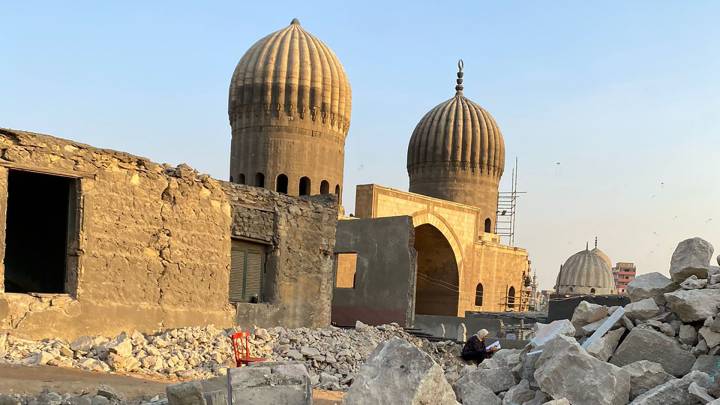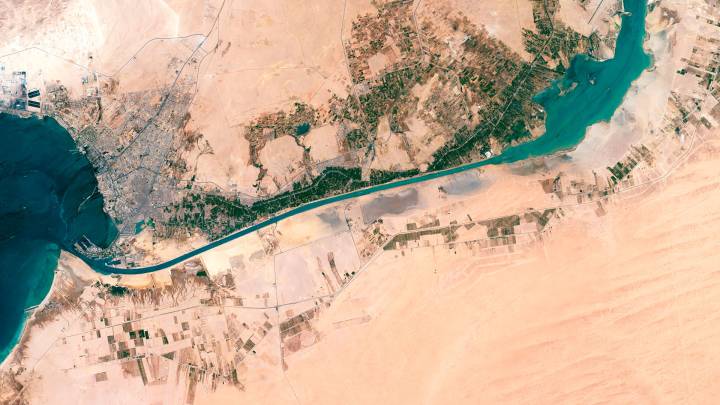The Tahrir Lounge@Goethe is a vibrant space for dialogue and culture. With the political squeeze in Egypt, it has turned to capacity building and network development for NGOs, individuals and even ministries.
It was a rejected application to join a revolutionary council in Tahrir Square in the midst of the Egyptian revolution in January 2011 that set Mona Shahien on her present path, as founder and director of the Tahrir Lounge@Goethe. Shahien had been politically active in Egypt since 2008, as a minister in a liberal party’s shadow government, but after her rejection in 2011 she decided to start her own organisation – the Revolutionary Youth Union. It held its first meeting in early February 2011, even before Hosni Mubarak, Egypt’s long-time leader, had stepped down. Shahien describes the meeting as “a disaster… there was no civility, no one wanted to engage. If I, a woman, stood to talk, nobody wanted to listen. Everyone just wanted to dominate the meeting.”
It was an early lesson in the difficulties ahead for NGOs in Egypt, and for the country’s attempted transition to democracy. Few people in civil society or the political class were experienced communicators who knew how to build consensus or effectively explain their policies.
It's German-funded, but the mind, the soul, is completely Egyptian. The project is Egyptian. Instead, Shahien decided to create a project that would promote transparency and help bridge the gap between political leaders, activists and ordinary citizens. The Tahrir Lounge@Goethe was born, hosted in the Goethe-Institut building in downtown Cairo, just a few blocks from Tahrir Square, in a downstairs area that has now hosted numerous cultural events, talks, film screenings and workshops.
Along with providing the space, the Goethe-Institut also provides consulting and support, and many of the training ideas match those implemented across its other civil society projects. “Dialogue and transition is not about implementing fixed concepts but about empowering local stakeholders, passing on tools and instruments to enable them to develop their own ideas,” says Julian Fuchs, coordinator of the projects in the Dialogue & Transition framework at the Goethe-Institut in Cairo.
2011 was “the golden year” for the project, says Shahien, with optimism for the country and its democratic transition high. The lounge was known for its political engagement and activism. “It was the right place to come and talk. Salafists came, liberals came in, leftists came in, everyone came in.”
The mood changed with the election of Mohamed Morsi as president. The representatives of the Muslim Brotherhood were not interested in dialogue or in communicating with activists or ordinary citizens, said Shahien. “They felt like they were rulers of the country, and didn't give a damn about what was going on.”
As the political situation in Egypt worsened, and with concerns for the safety of participants and staff, Tahrir Lounge@Goethe shifted its focus to capacity building for individuals, focusing on soft skills and networking, as well as connecting with university students and other groups. The idea is to help individuals and NGOs both to improve their performance and to network and combine efforts, finding synergies with other projects, says Shahien. “We have to be very patient and we have to be very creative.”
Its workshops are incredibly popular, with sometimes as many as 800 or even a thousand people applying for just 12 spots. It’s now applying its training techniques to organisations, recently providing capacity building for official entities including the Ministry of Culture. It has received a request to do the same for the Ministry of Youth and Sports, working on areas such as communication, social media training, leadership and decision-making, training that can help officials better engage with the public and understand their needs.
With funding for the project coming from Germany’s Federal Foreign Office, Shahien has had to fight perceptions that it is somehow a foreign-controlled entity. She notes that her one condition of receiving funding was that there would be no interference when it comes to content. Everyone on the project team is Egyptian, says Shahien. “It's German-funded, but the mind, the soul, is completely Egyptian. The project is Egyptian.”
Ultimately, the lounge’s main aim is to help people become better citizens, by teaching them new skills, networking them with similar individuals, and helping them uncover their passions, says Shahien. But through capacity building with the Ministry of Culture, the lounge has also proven that civil society can help support the transformation of other activities in society, she says. “The government did not see that civil society had something to contribute, so making it visible is very important.”
This content was produced by zenith staff for the Goethe-Institut. The Goethe-Institut’s Transformation Partnership projects are supported by the German Federal Foreign Office.
